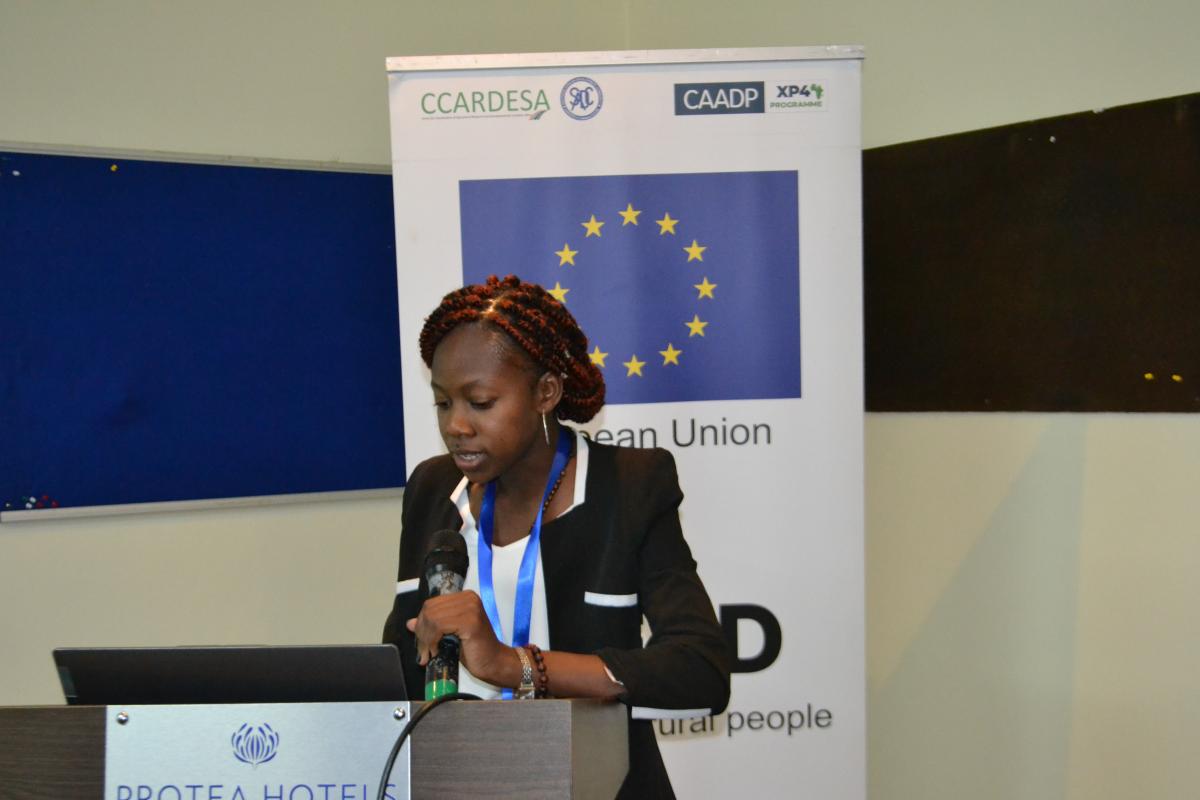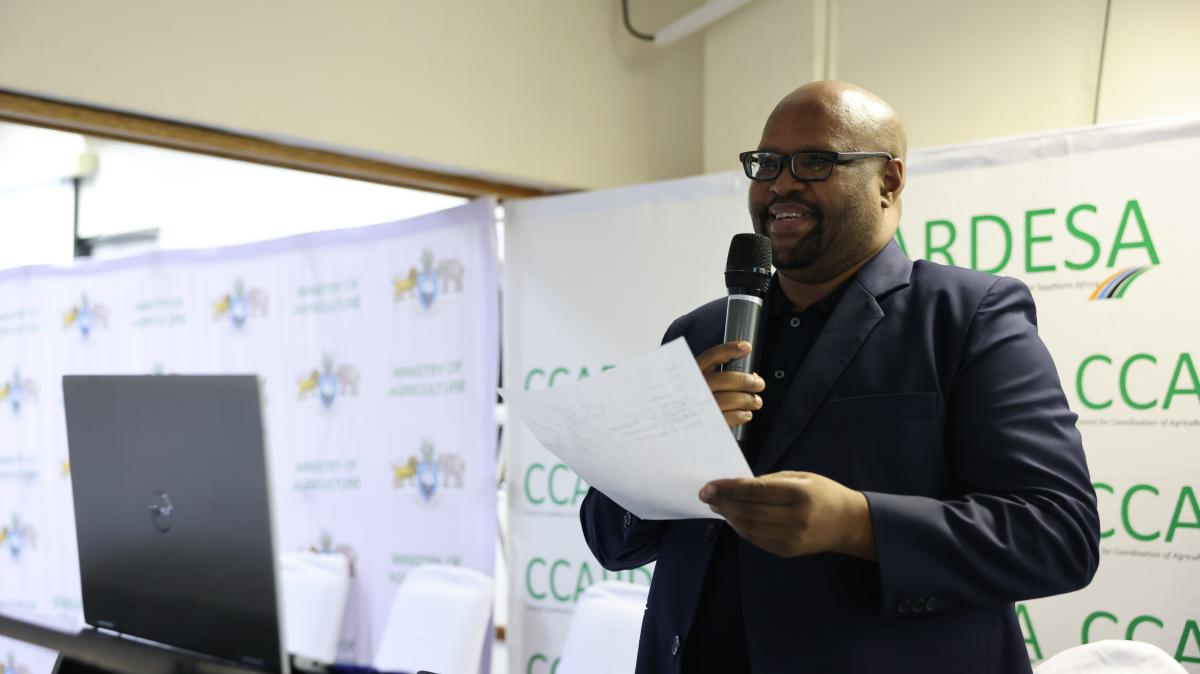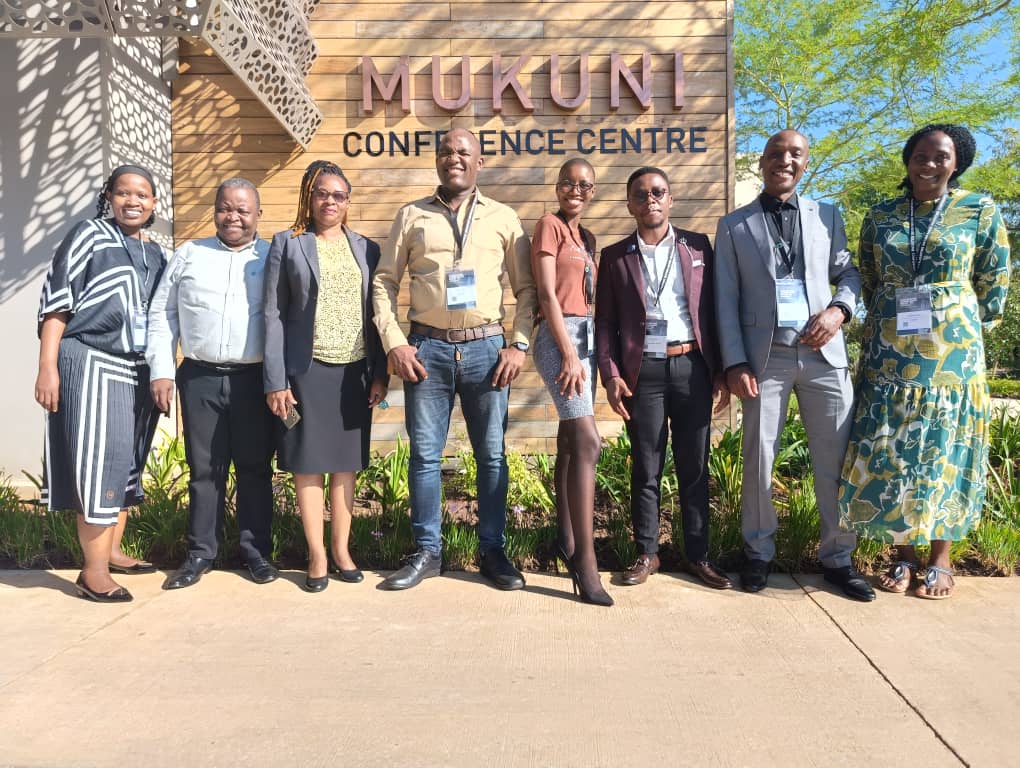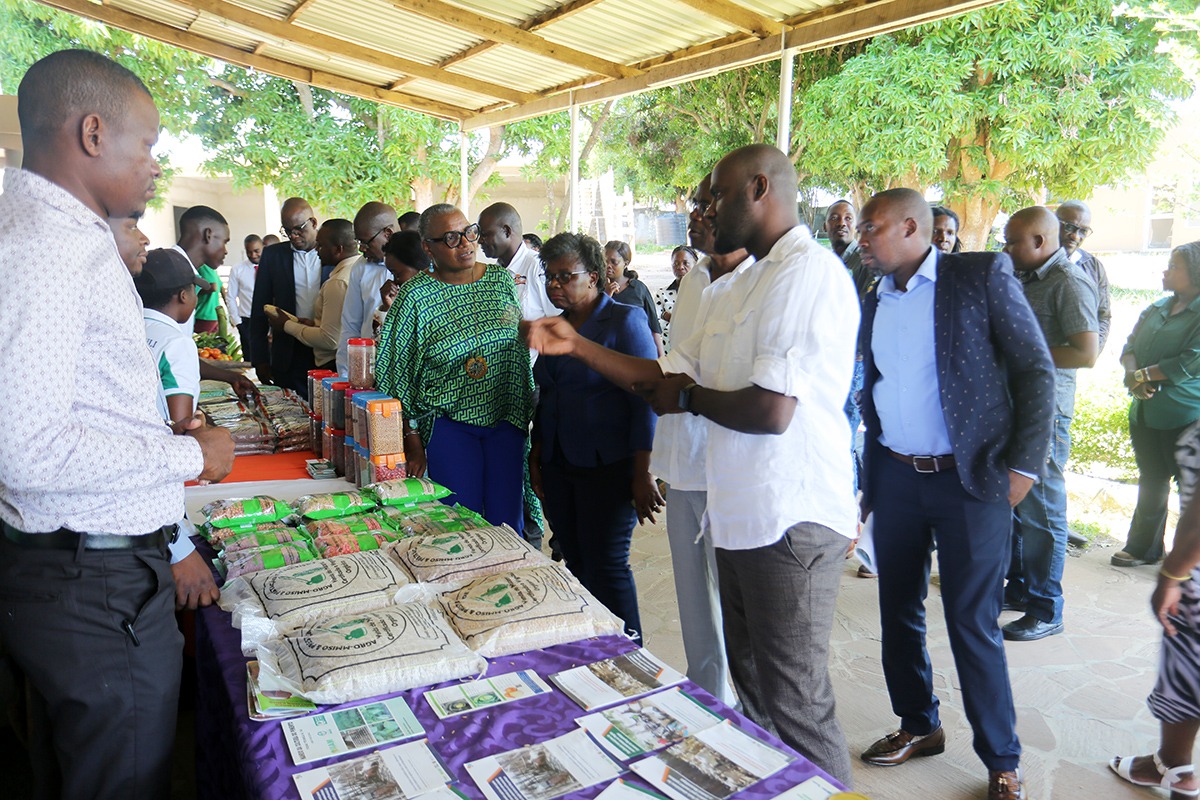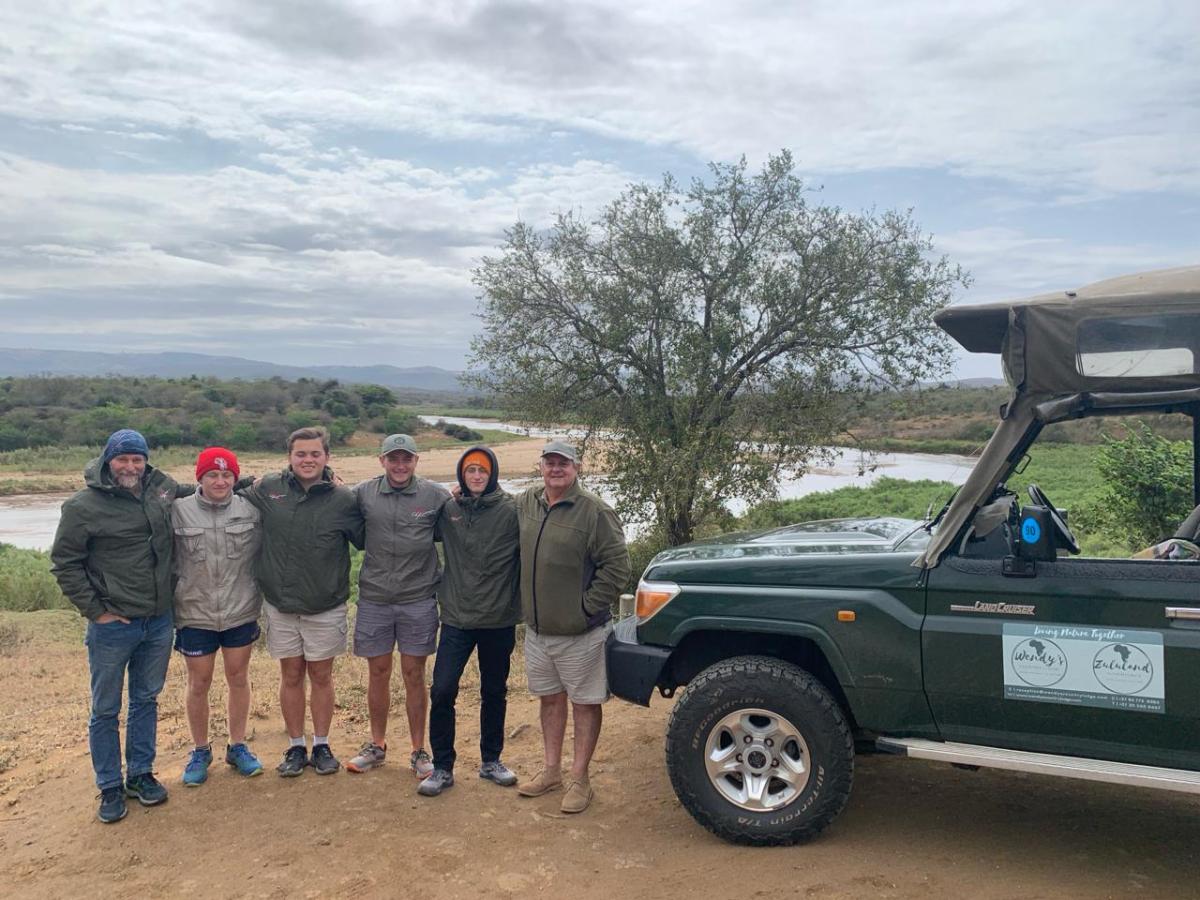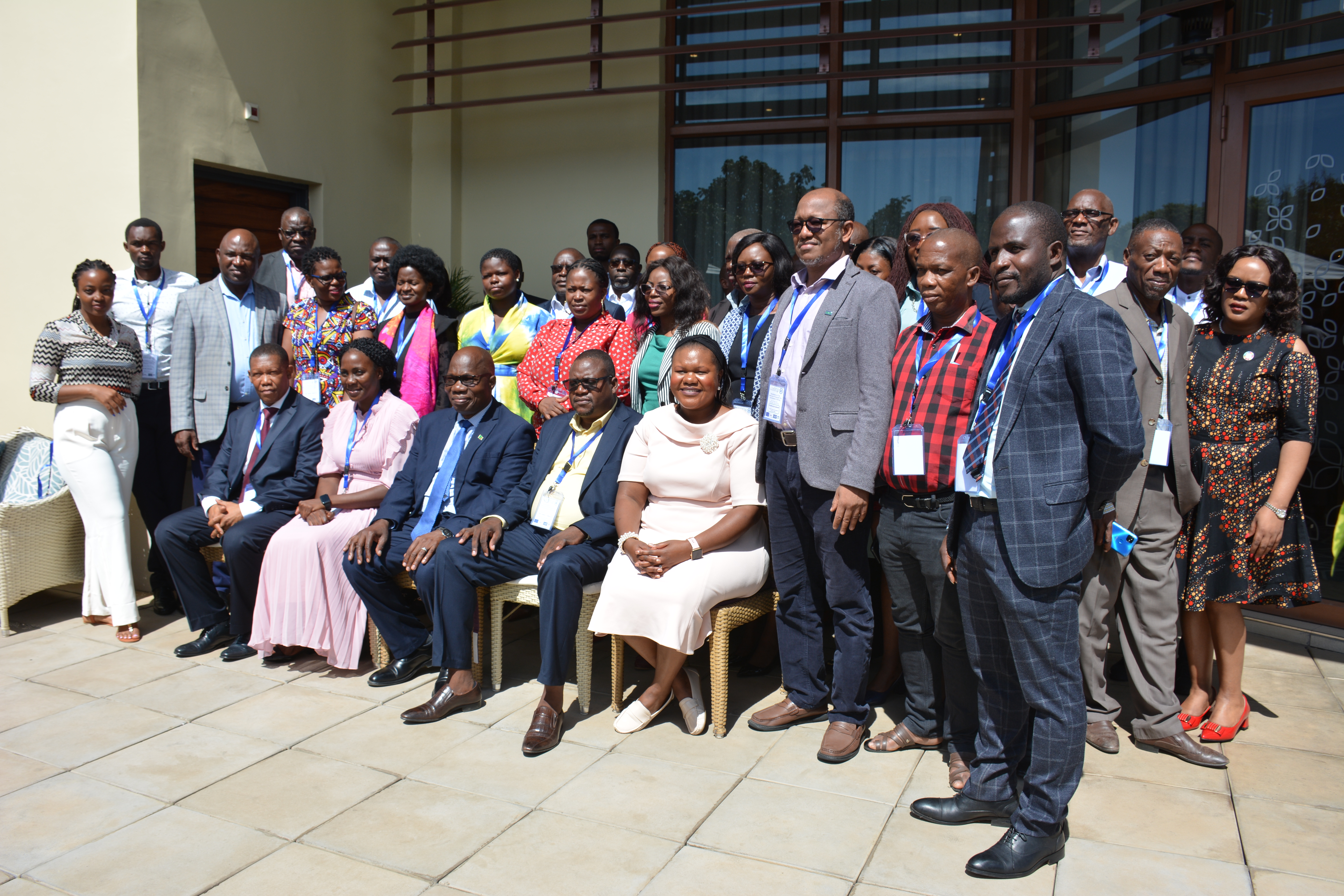Namibia Climate Smart Agriculture Programme 2015-2025
Agriculture in Namibia plays a critical role in the formal and informal economy supporting 70% of the population directly or indirectly through employment and income generation. The agricultural sector in Namibia contributes over 10% to the GDP of which 75-80% can be attributed to livestock farming. The livestock industry accounts for 90% of all agricultural production in Namibia with approximately 60% of households owning cattle, including nearly 40% of poor households. Crop production activities in Namibia are limited, mainly due to the arid climate and low rainfall patterns. Rain-fed crops include pearl millet, sorghum and maize are the most dominant crops grown in Namibia. The average yield for these crops ranges from 24.7 ton for pearl millet, 72,438 for maize and 14,819 for wheat. The dependence on rain-fed agriculture increases the vulnerability of farming systems and predisposes rural households to food insecurity and poverty. However, the reduction in crop yields will have devastating impacts on food security at both national and household levels. Under the current conditions, the agriculture sector in Namibia needs to grow by 4% a year to meet the food requirements for the expanding population. In light of these challenges, Namibia needs to adapt its agricultural practices and increase the resilience of livelihoods to be able to withstand the challenges posed by climate change to sustain development and growth of the country.
World Agroforestry Centre
NEPAD
CIAT-International Center For Tropical Agriculture
CGIAR
Climate Change, Agriculture and Food Security- CCAFS
COMESA
Climate Change
Productivity
Environmental Resilience
Value Chains
Innovation
Namibia 2018. Namibia Climate Smart Agriculture Programme 2015-2025.


